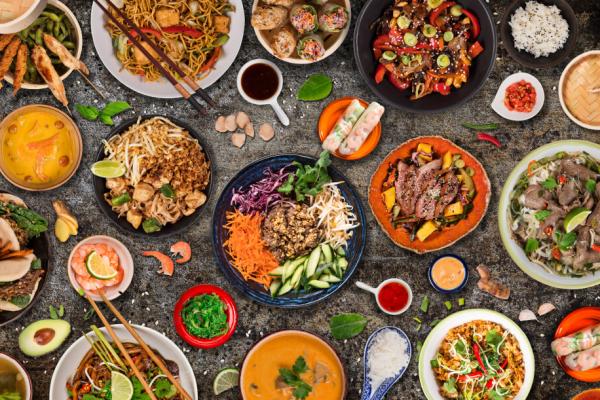Oct 11, 2021
As Christians, I believe we must reject the project of the melting pot. In the Bible, the church is not portrayed as an ambiguous, homogeneous entity. Instead, difference and diversity are understood as a strength — as God’s gift to the church (Acts 2).
Read the Full Article

Already a subscriber? Login
